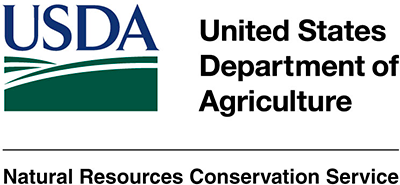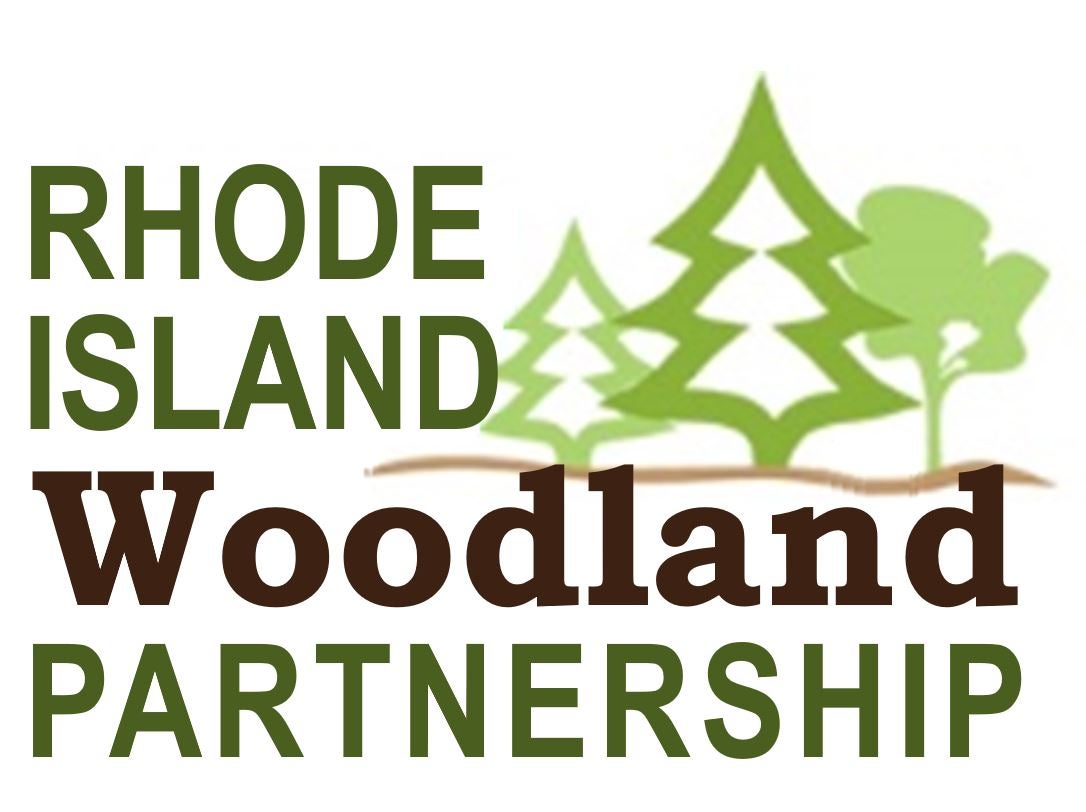Loggers, unlike foresters, implement the “blueprints” of a harvest by cutting the trees and bringing them to the sawmill. Without the direction and timber market knowledge that foresters can provide, landowners are often in the dark about how to handle their sale. Before you hire a logger, learn more about forestry regulations, such as “A-4 Registration of Wood Cutting Operations,” by visiting RI Forest Regulations.
Guidelines to Protect Your Timber Interests
Whether you hire a professional forester to handle the entire sale for you, or assume the risk of the venture yourself, it is important to:
- Know the volume and value of the timber before it is sold.
- Ask for and check references from potential buyers.
- Seek offers from more than one potential buyer.
- Find a business that you know to be bonded and insured.
- Use a comprehensive contract approved by a professional who works for you.
- Know and mark your boundaries to avoid illegal harvesting.
Once the Harvest is Underway
- Conduct frequent and random onsite inspections to keep track the timber being removed as well as any potential damage.
- Do not accept excuses for breach of contract, such as late payment.
- Be cautious when timber is being harvested from two adjacent properties. Accounting for individual trees can be difficult.
- BE AWARE of poor management practices, such as high grading and diameter limit harvests, or unprofessional payment strategies.
- Do not be pressured into selling or harvesting your timber quickly. Take the time to do it right.
To learn more about working with a logger, click here.
For a list of loggers operating in Rhode Island, click here.






